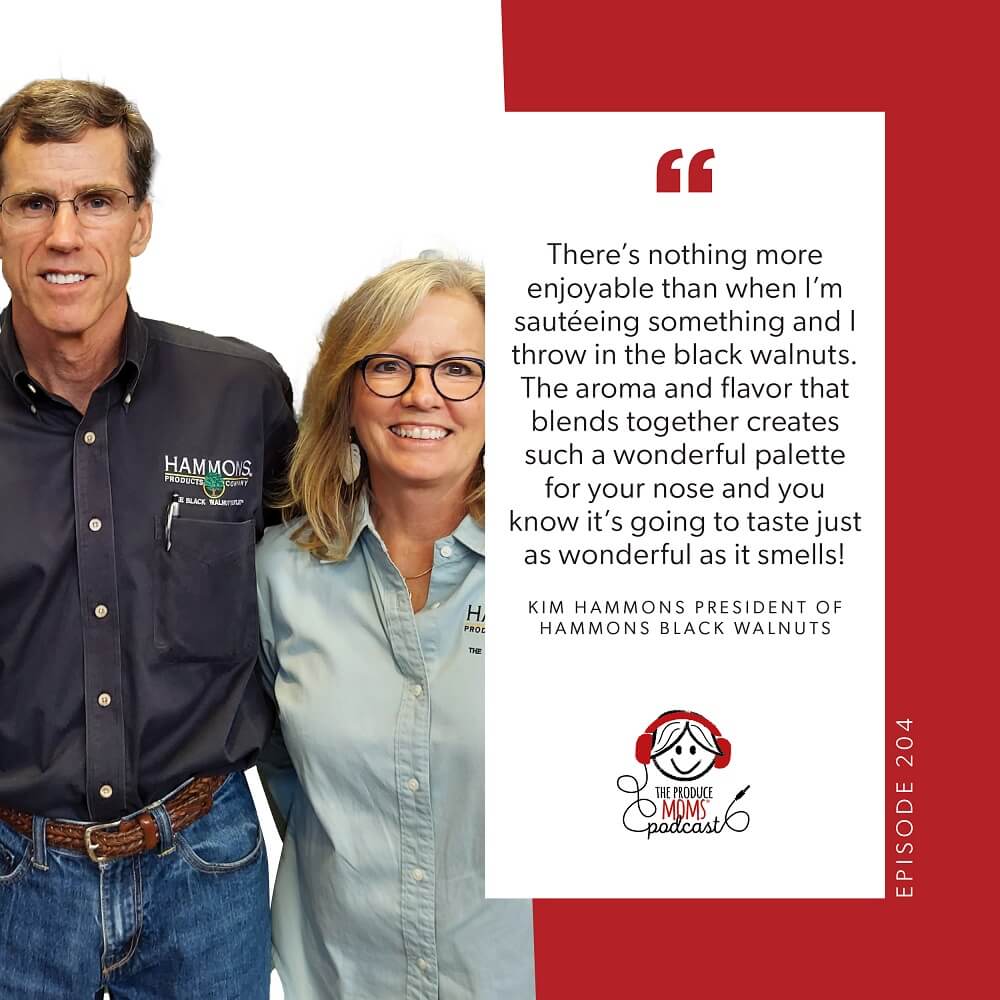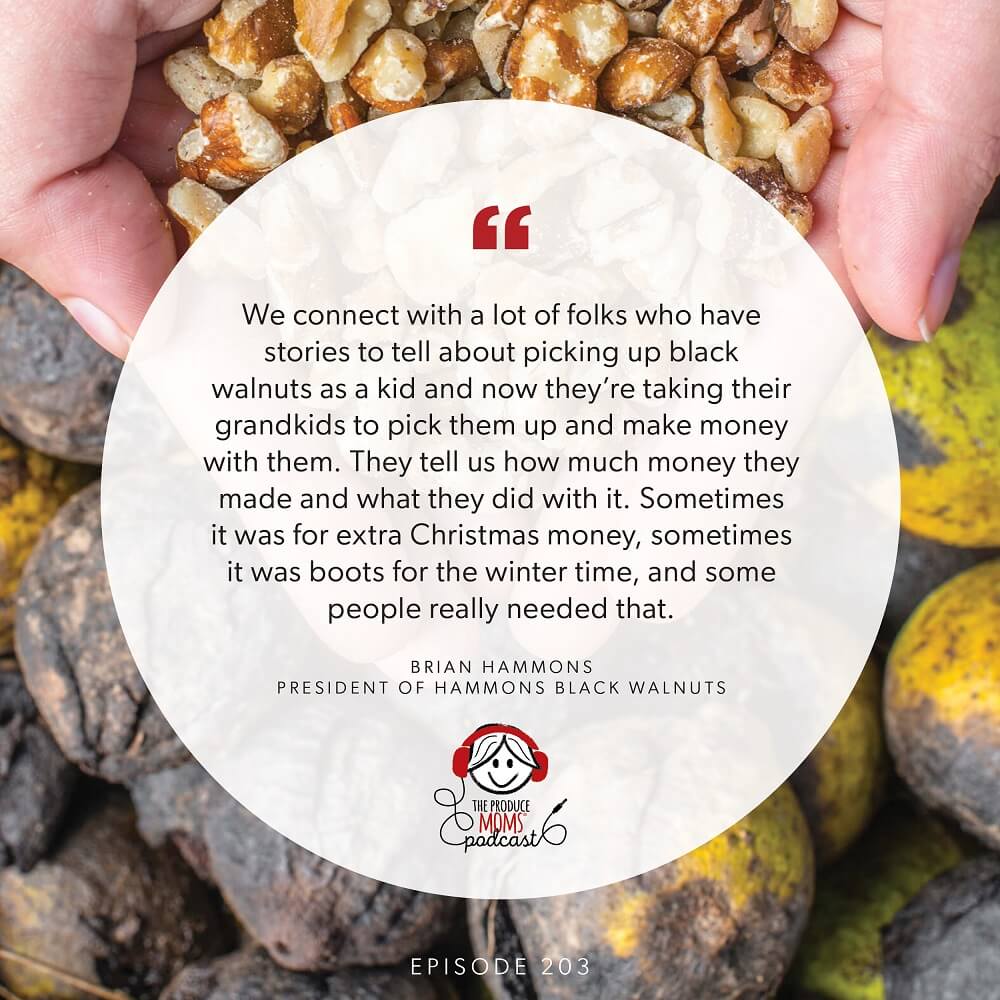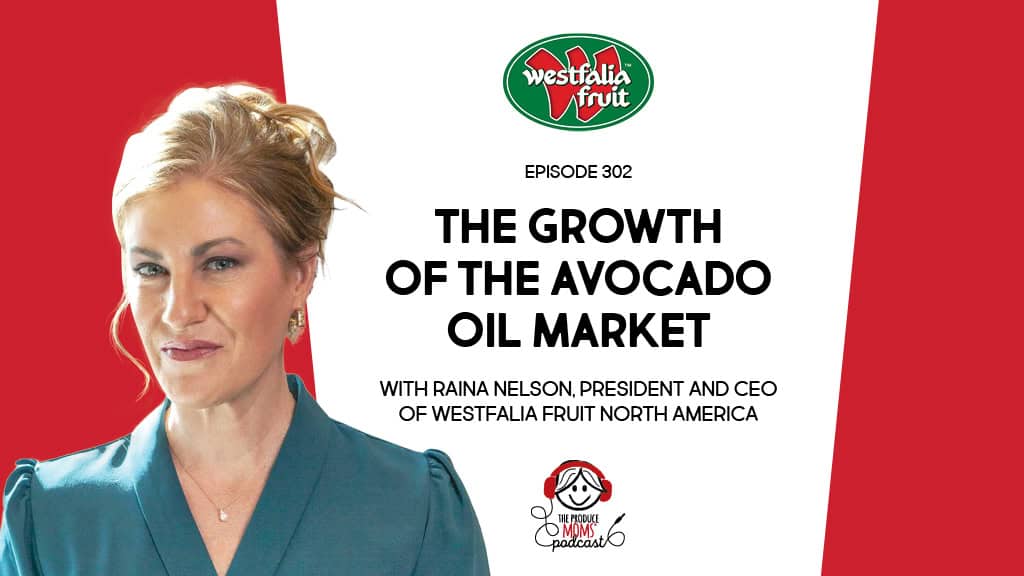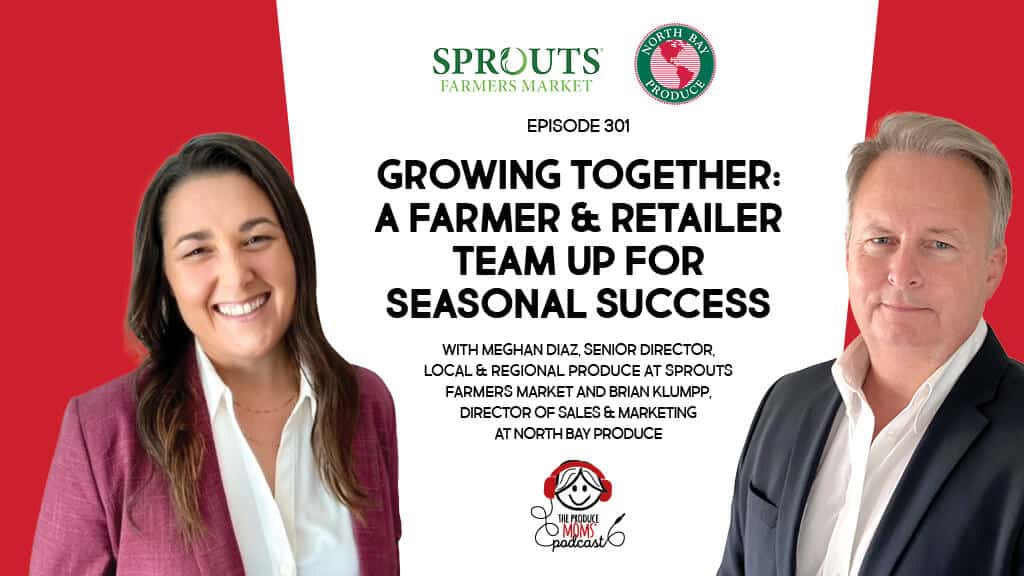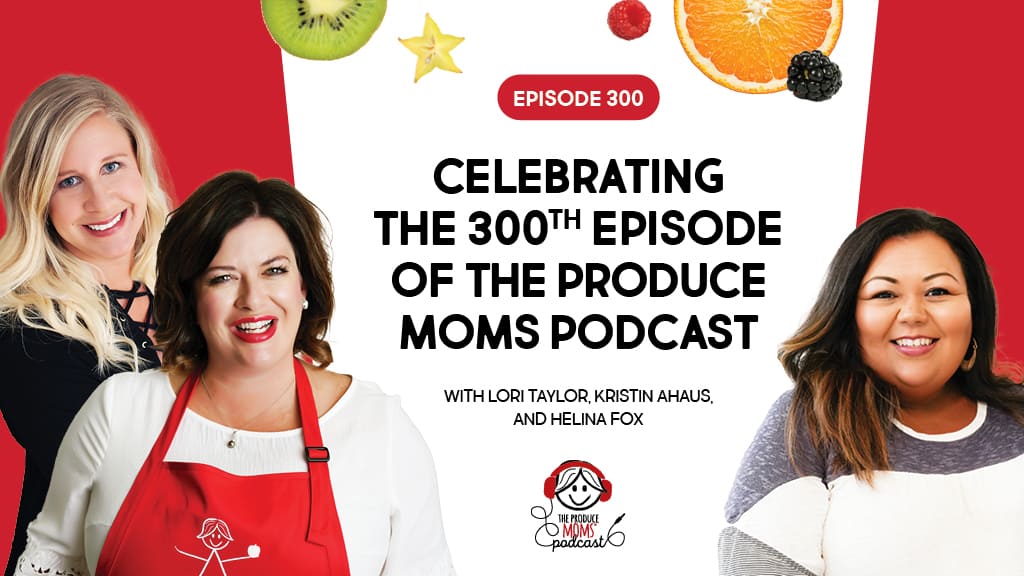Episode 204: Kim Hammons And Brian Hammons
Mar 09, 2022

This post may contain affiliate links. Please read our disclosure policy.
The best part about Hammons Black Walnuts isn’t how deliciously bold, flavorful, healthy and versatile they are, it’s that they are 100% wildly sourced!
Hammons Black Walnuts is a third generation family owned nut shelling business that started from Brian Hammons’ grandfather 76 years ago. His grandfather, fresh out of the Navy, connected with a company in Virginia that was looking for more black walnuts. If you aren’t familiar with black walnuts, these are different from the more commonly found English walnuts farmed in California. Seeing an opportunity, his grandfather went to Tennessee, bought a cracking machine, brought it to Missouri and started shelling black walnuts. In the first year alone, the business shelled around 100,000 pounds of black walnuts. Today, the company can process around 100,000 pounds a day!
What’s unique about Hammons Black Walnuts is they have about 230 local buying stations where individuals can bring in black walnuts they’ve picked and get paid for them. Sometimes it’s a location like a lawn and garden center, or a small business and that service helps supplement their income. Where are people picking black walnuts? Since they naturally grow wild in the midwest (and all of Hammons’ black walnuts are 100% wildly sourced), there are plenty of black walnut trees around that drop the hard, yellow, baseball-sized nuts from October into November.
The difference between a black walnut and an English walnut boils down to flavor and cultivation. Black walnuts have a bold flavor compared to the mild English walnut, and, as you’re finding out, black walnuts are wildly grown whereas English walnuts are cultivated primarily in California and China. Black walnuts are hard to crack and don’t have that much meat on the inside when you open them. Hammons’ yields about seven to eight pounds of sellable nut meat from every 100 pounds that they crack, while with English walnuts you’ll yield about 45 to 50 pounds!
Sure, English walnuts give you a nice crunch when cooking with them, but black walnuts offer a bolder, richer, earthier flavor that is extremely versatile. Black walnuts have more protein than English walnuts, are high in Omega-3 and Omega-6 fatty acids and are the tree nut with the highest protein! This has inspired Hammons’ to start selling their own protein powder.
If you see black walnut anything, whether it’s black walnut ice cream at your local ice cream shop, or a bag of Fisher black walnuts, they probably originated from Hammons’ Black walnuts. The company offers nationwide distribution and supplies over a million pounds a year of nutmeat for larger companies using their product. The good news is you can count on your black walnuts being healthy and free of any issues because Hammons ensures they follow all food safety requirements and regulations.
Traditionally, people use black walnuts in things like brownies, fudge and cakes. One of Kim Hammons’, Brian Hammons’ wife, go-to recipes is a delicious fruit crisp with a black walnut crumble on top. Outside of traditional dessert items, black walnuts have been used in salads, sausage, toasted and added as a garnish, thrown in sautéed dishes, in hors d’oeuvres… the list is endless! Kim also loves to dress fresh green beans with a handful of black walnuts, or on top of broccoli mixed with fennel seed. You can also make a black walnut cheese ball, use them in pesto, grind them up and use them as a crust for things like fish or prime rib, or inside a black walnut oatmeal cookie!
“Black walnuts are the cadillac of tree nuts! I’ve done a lot of baking with them in my kitchen and can tell a true difference in flavor.” – Lori Taylor (2:01-2:12)
Healthy, flavorful, versatile… What’s not to love about black walnuts!? If your mouth is watering to try black walnuts, head to your local grocery retailer first, and if they aren’t carried there, check out www.black-walnuts.com. Make sure you store your black walnuts in a cool, dark place, like your pantry. You can keep them in your refrigerator door if you plan to use them regularly, or even freeze them. Hammons’ Black Walnuts is truly a company committed to the sacred art of agriculture, foraging and sustainability, so know you are supporting that when you enjoy Hammons’ Black Walnuts too!
How to get involved
- Join The Produce Moms Group on Facebook and continue the discussion every week!
- Reach out to us – we’d love to hear more about where you are in life and business! Find out more here.
If you liked this episode, be sure to subscribe and leave a quick review on iTunes. It would mean the world to hear your feedback and we’d love for you to help us spread the word!
